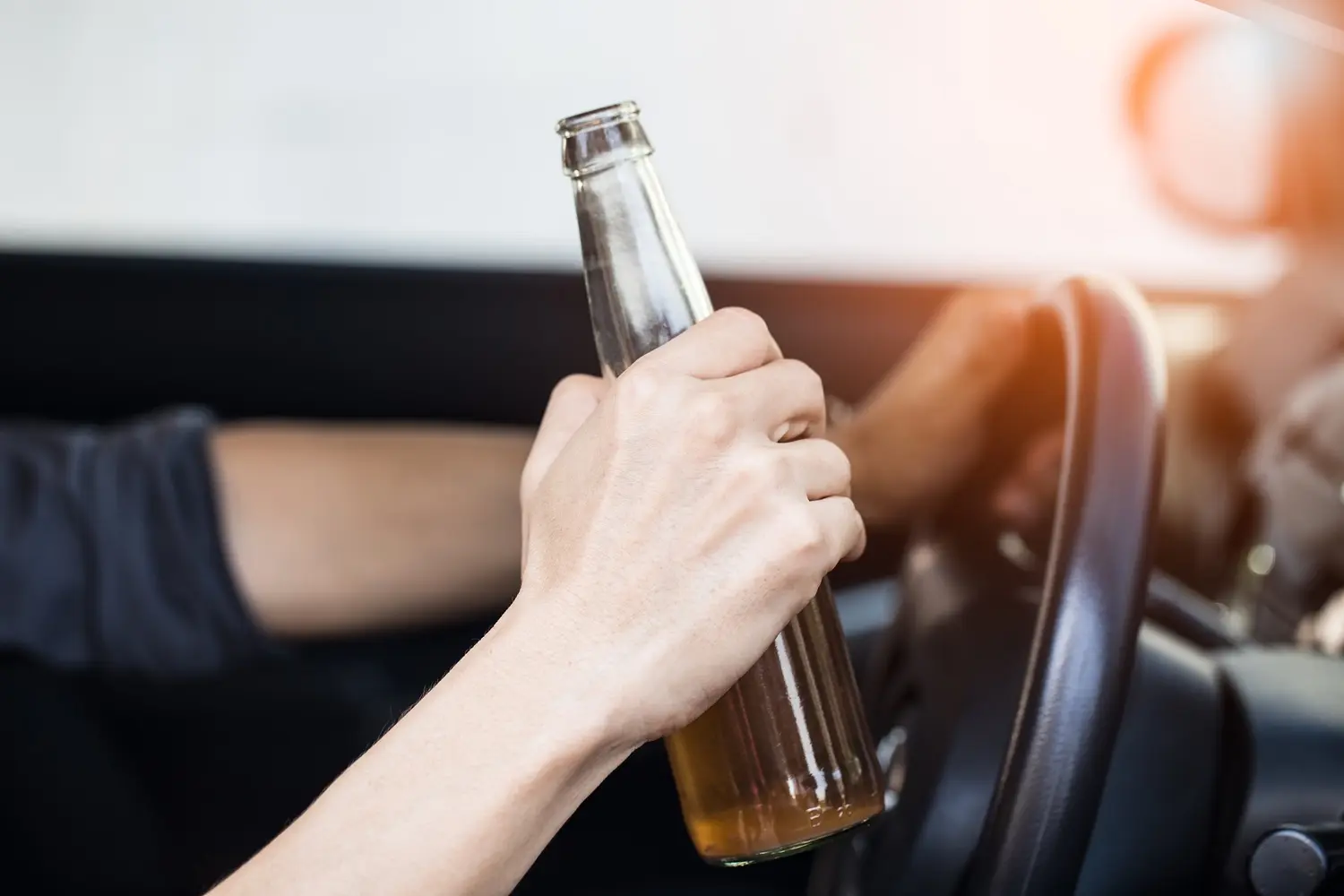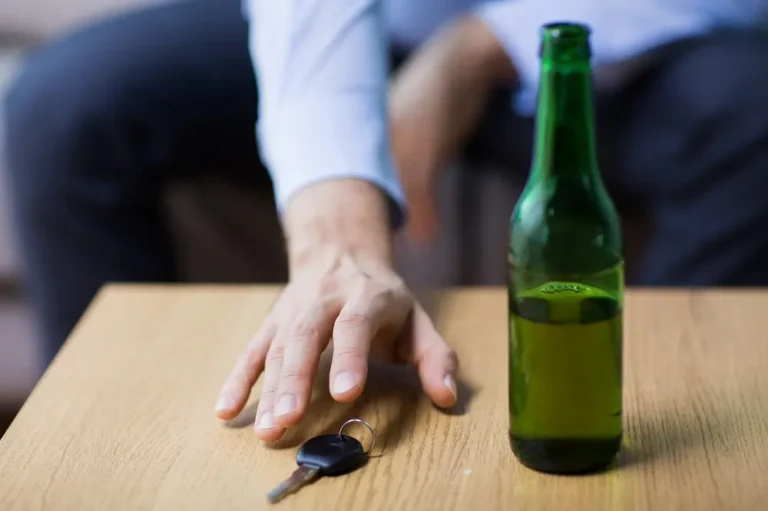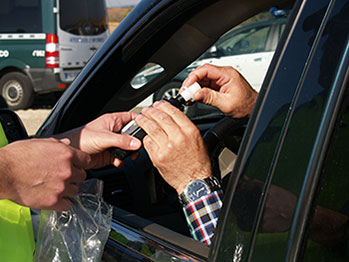Ohio has established significant penalties for those who are charged and convicted of OVI. Punishments typically include jail time and fines, but that’s not all. Convicted offenders also face administrative penalties, including license suspension. Additionally, an OVI conviction, even a first-time conviction, can have severe impacts on your life and livelihood due to the criminal record it creates. If you are facing an OVI charge, the Dayton OVI defense lawyers at Gounaris Abboud can make a difference in the outcome of your OVI case.
When Can You Be Charged with DUI/OVI in Ohio?
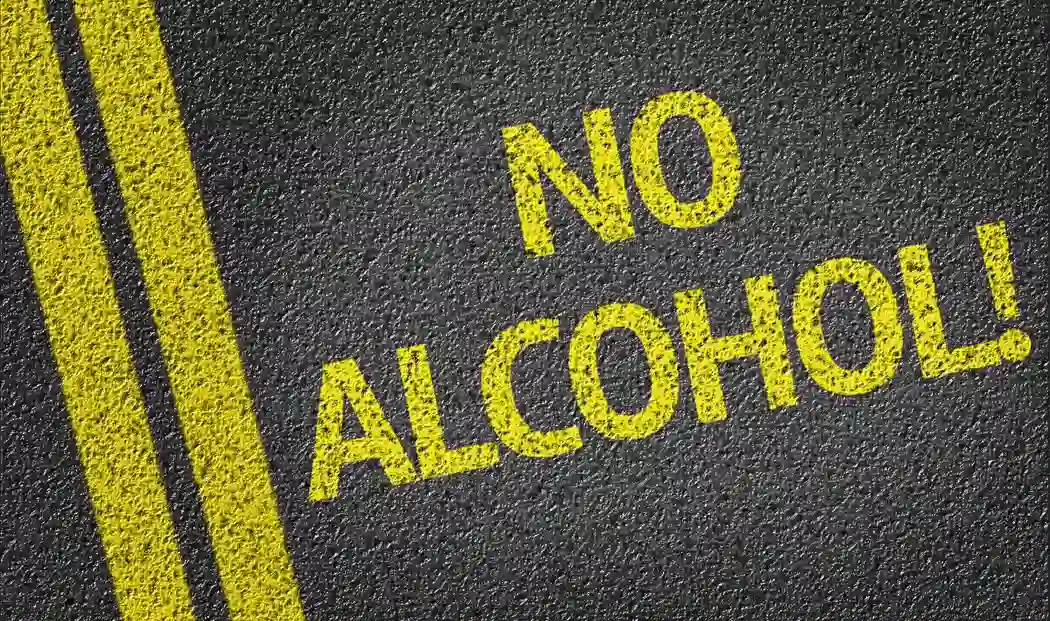
In Ohio, drunk and drugged drivers are criminally charged with the crime of operating a vehicle while impaired (OVI), which typically leads to criminal and administrative penalties, including time behind bars, a license suspension, and fines. In addition to serious criminal and administrative penalties, convicted drivers also face consequences to their lives and livelihoods.
In order to charge a driver with OVI in Ohio, one or more of the following conditions must be met:
- Driver has a blood alcohol content of .08% or more (.02% for underage drivers);
- Driver operated a vehicle while impaired by drugs, alcohol, or both;
- Driver has a certain amount of a controlled substance in their blood.
When the charge is based on a chemical test, such as a BAC test, the official charge becomes per se OVI. This means that the impairment is automatically assumed based on the blood test and does not need to be proved otherwise. Without a BAC or urine test, the prosecutor is required to demonstrate beyond a reasonable doubt that a driver was driving their vehicle while impaired.
A per se OVI may also be charged when a person’s blood or urine content reveals threshold amounts of various controlled substances.
The following list contains the urine and blood thresholds of some common drugs found in Ohio.
✓ Amphetamine: ≥ 500 ng
✓ Cocaine: ≥ 150 ng
✓ Cocaine Metabolite: ≥ 150 ng
✓ Heroin: ≥ 2000 ng
✓ Heroin Metabolite: ≥ 10 ng
✓ L.S.D.: ≥ 25 ng
✓ Marijuana: ≥ 10 ng
✓ Marijuana Metabolite and Under the Influence: ≥ 15 ng
✓ Marijuana Metabolite: ≥ 35 ng
✓ Methamphetamine: ≥ 500 ng
✓ Phencyclidine: ≥ 25 ng
If you are charged with OVI at any level, you should quickly reach out to an experienced OVI lawyer for representation.
First-Time OVI Offense
If you are facing a first-time OVI charge, you may get some leniency. That said, it is still possible to spend time behind bars and pay significant fines.
| Penalties for a First-Time OVI in Ohio | Low-Level BAC | High Level BAC (.17% or higher) |
|---|---|---|
| License Suspension | 1 to 3 years | 1 to 3 years |
| Minimum Incarceration | 3 days of jail or 3 days DIP (may be avoided with an interlock) | 6 days of jail or (a) 3 days DIP and (b) 3 days of jail |
| Maximum Incarceration | 6 months | 6 months |
| Probation | Up to 5 years | Up to 5 years |
| Fine | $375 to $1,075 | $375 to $1,075 |
| Optional Treatment Order | Yes | Yes |
| License Reinstatement Fee | $475.00 | $475.00 |
| Restricted Plates | Optional | Optional |
| Ignition Interlock Device (IID) | Optional | Optional |
| Points Assessed to Driving Record | 6 | 6 |
If you have been charged with OVI, it is important that you understand the charges and how they might affect your life, even if it is your first offense. You face criminal penalties, such as fines and jail time, and administrative penalties as well, including license suspensions and forced use of an ignition interlock device.
- License suspension: License suspensions in Ohio for OVI can last anywhere between 90 days and three years;
- Fines: If convicted of a first-time OVI, you can expect to be fined between $375 and $1,075 dollars. In general, the higher your BAC, the more money you will likely have to pay;
- Time behind bars: If the state successfully convicts you of OVI, or you take a plea, you can be sentenced to between three days and six months in jail. Fortunately for some, the option of participating in a driver intervention program may be available instead of jail;
- Driver intervention program: Convicted offenders typically must attend a driver intervention program, where they are given information on alcohol and drug use and abuse. As mentioned, this may take the place of jail in some cases;
- Probation: Probation is common in many OVI cases. During probation, you are required to comply with certain conditions, which may include periodic check-ins with a probation office and avoiding the use of drugs and alcohol;
- Ignition interlock device: The courts often order ignition interlock devices installed on a convicted offender’s vehicle. These devices use a breathalyzer to prevent the use of a vehicle by an impaired driver.
If you have a High Tier BAC, which is a BAC at or above .17%, you will be looking at more severe penalties.
Second OVI/DUI in 10 Years
Ohio harshly punishes repeat offenders of any crime. For those convicted of OVI for a second time, the punishments increase if the convictions are within ten years of one another.
| Penalties | Low-Level BAC (0.08% – 0.169%) | High-Level BAC (0.17% or Higher) or Refusal with Prior OVI Within 20 Years |
|---|---|---|
| Minimum Incarceration | (a) 10 days of jail or (b) 5 days of jail and 18 days of house arrest with electronic monitoring and/or continuous alcohol monitoring. | (a) 20 days of jail or (b) 10 days of jail and 36 days of house arrest with electronic monitoring and/or continuous alcohol monitoring. |
| Maximum Incarceration | 6 months | 6 months |
| Probation | Up to 5 years | Up to 5 years |
| Fine | From $525 up to $1,625 | From $525 up to $1,625 |
| Mandatory Alcohol/Drug Assessment and Recommended Treatment | Yes | Yes |
| License Suspension | 1 to 7 years. No driving privileges during the first 45 days (90 if a refusal). | 1 to 7 years. No driving privileges during the first 45 days (90 if a refusal). |
| License Reinstatement Fee | $475.00 | $475.00 |
| Restricted Plates Required | Yes | Yes |
| Interlock Required If Alcohol-Related OVI | Yes | Yes |
| 90-Day Immobilization of Vehicle (If Registered to Defendant) | Yes | Yes |
| Points Assessed to Driving Record | 6 points | 6 points |
Understanding the penalties involved in a second offense can help prepare the offender for the consequences of getting a second conviction as well as provide a bit of deterrence.
- Jail time: You could be looking at a minimum of 10 days in jail or up to 180. If a High Tier BAC is involved, the minimum jail time you could face increases to 20 days;
- Fines: Fines involved with second-time OVI offenders can run as high as $1,625;
- License suspension: You will be looking at a minimum of a one-year driver’s license suspension. Additionally, the cost to get your license reinstated runs into the hundreds;
- Driving privileges: Your driving privileges will be abridged once you are allowed to drive again. You may be required to use an ignition interlock device;
- Vehicle immobilization: If the car you were driving is yours, it will likely be impounded and may also be immobilized;
- Additional penalties: If your case involved a refusal or aggravating circumstances, you could face additional penalties;
- License points: You can expect to receive six points on your license with a second OVI conviction;
- Probation: You may be entitled to probation after a mandatory alcohol assessment.
High Tier BAC: Second OVI Offense Ramifications
A High Tier BAC for your second conviction will most assuredly lead to increased punishments, which may include higher fines and more time behind bars.
Ignition Interlock Devices: Second-Time OVI
Second-time OVI offenders are subject to an ignition interlock device with a breathalyzer that disables a car when the device detects alcohol.
24/7 OVI Legal Support: Reach Out for Immediate Assistance!
Take action and fight the charges against you. Contact Gounaris Abboud for the representation you need and a free consultation today!
Third OVI/DUI in 10 Years
A third OVI conviction within a decade leads to even more significant penalties. However, it is still considered a misdemeanor.
| Penalties for Third OVI Offense | Low Level (BAC .08% or higher) | High Level or Refusal with Previous OVI Conviction within 20 Years |
|---|---|---|
| Minimum Incarceration | (a) 30 days of jail or (b) 15 days of jail and 55 days of house arrest with electronic monitoring and/or continuous alcohol monitoring. | (a) 60 days of jail or (b) 30 days of jail and 110 days of house arrest with electronic monitoring and/or continuous alcohol monitoring. |
| Maximum Incarceration | 1 year | 1 year |
| Probation | Up to 5 years | Up to 5 years |
| Fine | From $850 up to $2,750 | From $850 up to $2,750 |
| Mandatory Alcohol/Drug Addiction Program | Required | Required |
| License Suspension | 2 to 12 years, with no driving privileges during the first 180 days (1 year if a refusal). | 2 to 12 years, with no driving privileges during the first 180 days (1 year if a refusal). |
| License Reinstatement Fee | $475.00 | $475.00 |
| Restricted Plates | Required | Required |
| Interlock Device | Required if alcohol-related OVI | Required if alcohol-related OVI |
| Vehicle Forfeiture | Possible if registered to the defendant | Possible if registered to the defendant |
| Driving Record Points | 6 points assessed | 6 points assessed |
Conviction for a third offense can lead to an offender being labeled a habitual offender, which, in turn, leads to enhanced penalties for future OVI crimes. It can also have negative employment and insurance rate impacts.
Some factors that come into play when determining the punishment for a third-time OVI are the BAC level, the presence of OVI offenses within the past 20 years, and whether someone was injured or killed.
- Minimum incarceration: Minimum jail time is either 30 days or 15 days plus 55 days of house arrest;
- Maximum incarceration: You can be jailed for up to one year;
- Probation: Probation maxes out at five years;
- Fine: $850 to $2,750 is the price range of fines you are looking at with a 3rd OVI conviction;
- Mandatory alcohol/drug addiction treatment: You will be required to submit to an alcohol/drug treatment program;
- License suspension: The license suspension for a third OVI conviction can last between 2 and 12 years;
- License reinstatement Fee: The cost to reinstate your license is $475;
- Restricted plates: The court may require you to use a restricted license plate on your car or truck;
- Interlock device: With an alcohol-related OVI, you could be forced to install an ignition interlock device on your car or truck;
- Vehicle forfeiture: A third OVI charge opens you up to a potential vehicle forfeiture;
- Driving record points: A conviction for a third OVI leads to six points on your driving record.
If you have an OVI conviction within the previous 20 years and a High Tier BAC or a refusal, the stakes are higher.
If you are facing a third OVI, call an attorney as soon as possible.
Fourth and Other OVI/DUI in 10 Years Are Felonies

In most cases, DUIs are misdemeanor charges. However, if you have multiple OVI convictions on your record, you will eventually be looking at a felony OVI charge. Generally speaking, felony charges apply when a driver receives their fourth OVI/DUI charge within a ten-year period. Prior OVI convictions include convictions from jury trials and guilty pleas arranged in plea deals. Keep in mind that once you have one conviction for felony OVI, all subsequent OVI charges that you face will be felonies as well.
Felony Charges for DUIs Involving Injuries and Deaths
When an OVI/DUI involves injury or death, the stakes are much higher for defendants. When an injury is involved, the case becomes one of aggravated vehicular assault, which is a third-degree felony that can lead to 12–60 months in prison. When a death is the result of an OVI incident, the charge of aggravated vehicular homicide is added. Aggravated vehicular homicide is a 2nd-degree felony that can lead to 24 to 96 months behind bars as well as fines reaching $15,000.
What Are Collateral Consequences for OVI Charges?
Collateral consequences are repercussions that extend beyond the consequences of the law.
For an OVI conviction, they may include:
- Employment consequences: An OVI conviction can lead to significant job problems, most notably in fields where driving is essential or required;
- Professional license issues: In some professions, a DUI can be grounds for denial of a license;
- Insurance problems: With an OVI, you should expect to pay higher premiums for auto insurance coverage;
- Child custody issues: An OVI conviction can be used against you in a child custody hearing as evidence of being an unfit parent;
- Immigration status: You could be looking at problems with your immigration paperwork if you are not a citizen;
- Social stigma: Although many people drink and drive, the social stigma surrounding the crime is heavy and may be isolating;
- Education issues: In some cases, it may be difficult or even impossible to enter a program of study with a criminal record;
- Firearms possession: With multiple OVI convictions or OVI with bodily injury or death, you will lose your right to bear arms;
- Professional associations: Criminal behavior is often an automatic disqualification for membership;
- Housing issues: With a simple criminal background check, a landlord can discover your criminal record and deny your application;
- Financial impacts: OVI charges are just plain expenses. With the court costs, fines, and lawyers’ fees, you are looking at a small fortune in some instances.
Contact an attorney for help immediately to avoid these consequences.
What Are the Options for OVI Defenses?
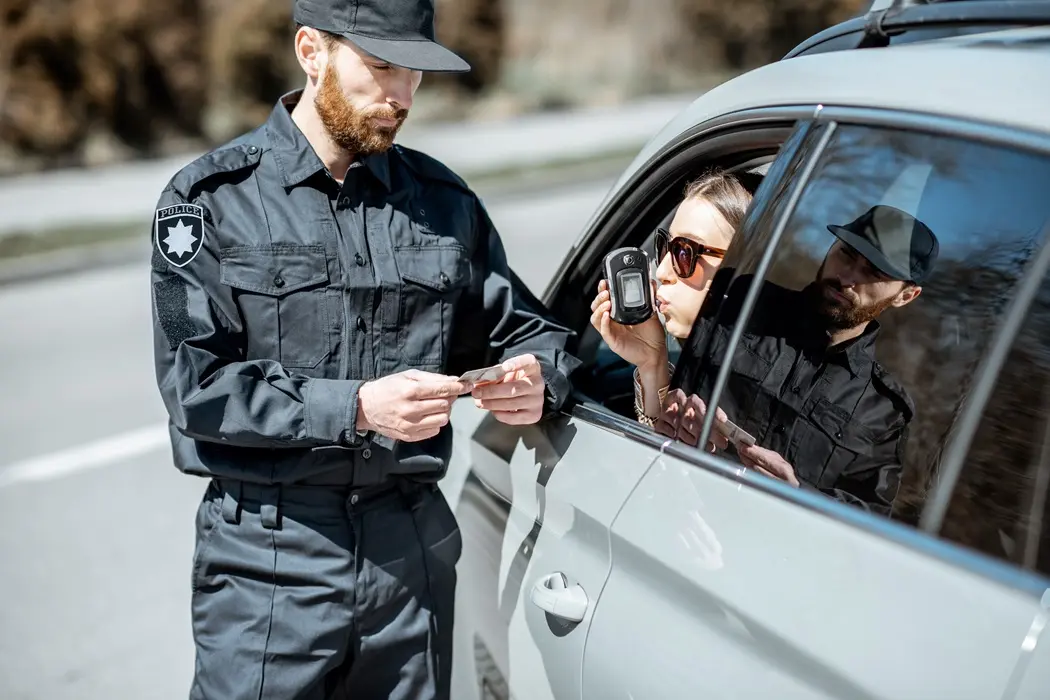
As soon as you contact an attorney, they will immediately get to work on crafting a defense or defenses to your charge. These defenses could result in a reduction in charges or even a dismissal of your cases.
- Challenging the legality of the traffic stop: Your lawyer will scrutinize every aspect of your traffic stop to determine whether the police had just cause and if they executed the stop according to the law;
- Field sobriety test issues: Field sobriety tests are suspect at best. Even the most innocent trip or slip can lead to a DUI. With an attorney representing you, you can expect them to attack the validity of the field sobriety test in your case;
- Breathalyzer or blood test concerns: Test results are only as reliable as the actual tests themselves. If the breathalyzer or other tests used in your case were compromised or weren’t functioning properly, your attorney will find out;
- Rising blood alcohol content (BAC): Your attorney can potentially argue that your BAC was below the legal limit while you were driving but increased after arrest when the test was administered;
- Medical conditions or medications: If you are on medication, it may cause you to appear to be under the influence when you are not;
- Chain of custody: Your lawyer will follow the chain of custody for your blood or urine sample to ensure that there is no chance that the sample was contaminated or tampered with;
- Improper arrest procedures: If your OVI arrest was not carried out correctly, you could have a strong defense;
- Necessity or emergency: A medical or other type of emergency in certain circumstances can potentially free you from liability;
- No probable cause: Your OVI lawyer will make sure that the arresting officer had probable cause to effectuate the arrest;
- Constitutional violations: The existence of any Constitutional violations, such as search and seizure or self-incrimination violations, can lead to vital evidence being excluded in your case.
Consulting with an experienced OVI defense attorney is crucial to determining the best defense strategy for your situation.
Protect Your Future: Contact Our OVI Defense Team Now!
The OVI penalties in Ohio demonstrate that the state is serious about punishing violations. But keep in mind that a charge is not a conviction. With the help of experienced Dayton OVI lawyers from Gounaris Abboud, you may not face any consequences at all, depending on your case.
If you have been charged with an OVI and are located in Montgomery, Warren, or Butler Counties, reach out to Gounaris Abboud for a free case review and learn how we can help.
